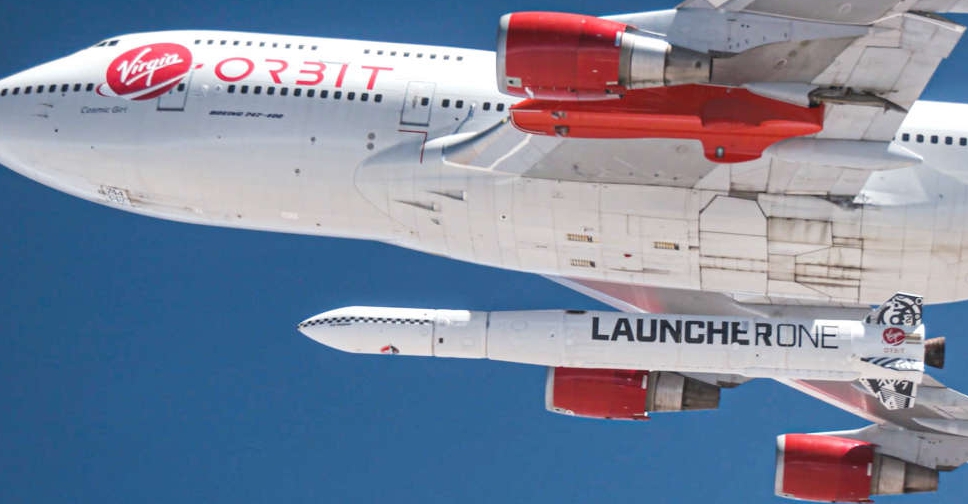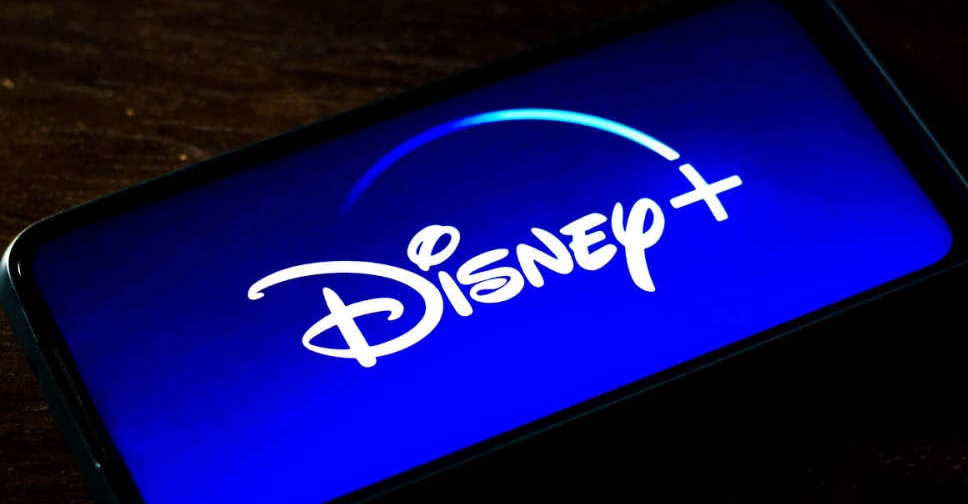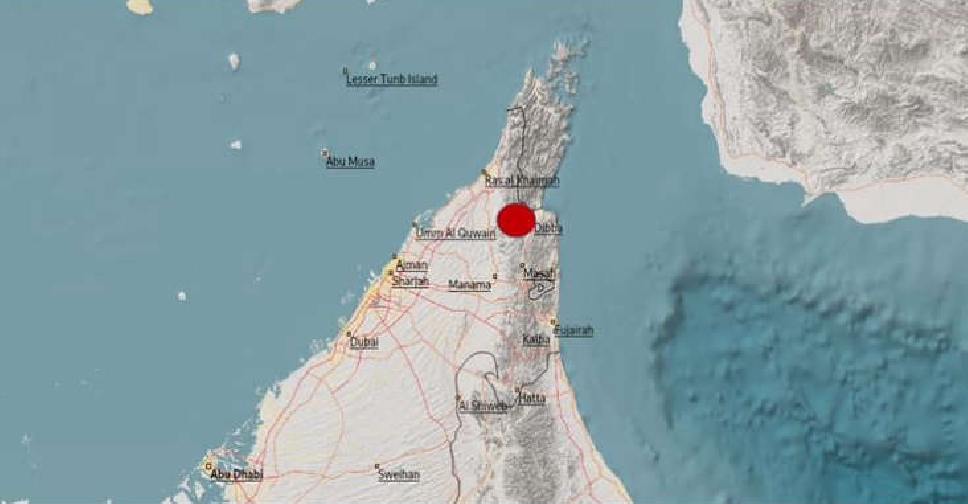
Richard Branson's Virgin Orbit Holdings has filed for Chapter 11 bankruptcy after the satellite launch company failed to secure the long-term funding needed to help it recover from a January rocket failure.
The Long Beach, California-based company lodged the filing in the US Bankruptcy Court for the District of Delaware seeking a sale of its assets after announcing the layoff of roughly 85 per cent of its 750 employees last week.
"We believe that the Chapter 11 process represents the best path forward to identify and finalize an efficient and value-maximizing sale," Virgin Orbit CEO Dan Hart said in a statement.
The company listed assets of about $243 million and total debt at $153.5 million as of September 30 in the filing.
Virgin Orbit went public in 2021 through a blank-check deal, raising $255 million less than expected. Spun off from Branson's space tourism firm Virgin Galactic in 2017, Virgin Orbit air-launches rockets from beneath a modified Boeing 747 plane to send satellites into orbit.
Virgin Orbit's strategy has been that launching small rockets from a 747 in flight would allow for short-notice launches from anywhere.
But a shift in demand toward larger launch rockets and more cost-effective shared rides to space on SpaceX's Falcon 9 rocket over the past two years raised the competitive stakes for Virgin Orbit, analysts and industry executives have said.
Virgin Orbit's sixth mission in January with its centerpiece LauncherOne rocket, the first rocket launch out of Britain, failed to reach orbit and sent its payload of US and UK intelligence satellites plunging into the ocean.
The company scrambled to find new funding after the rocket failure, halting operations and furloughing nearly all its employees on March15 to conserve cash.
Branson's Virgin Group, which owned roughly 75 per cent of the launch company, said it had invested over $1 billion in the unit, including $60 million in secured loans since November.
Virgin Orbit's second-largest creditor was the United States Space Force, which had a deposit of almost $6.8 million for future launches, according to the filing.
The US Space Force, a branch of the US military, had no immediate comment.


 Andre Agassi to headline 11th Dubai International Project Management Forum
Andre Agassi to headline 11th Dubai International Project Management Forum
 Disney+ joins 1 Billion Followers Summit as strategic partner
Disney+ joins 1 Billion Followers Summit as strategic partner
 China hits US defence firms with sanctions over Taiwan arms sales
China hits US defence firms with sanctions over Taiwan arms sales
 Dubai Free Zones Council reviews efforts to boost investor experience
Dubai Free Zones Council reviews efforts to boost investor experience
 ADFD finances project to enhance water security in Mauritania
ADFD finances project to enhance water security in Mauritania




